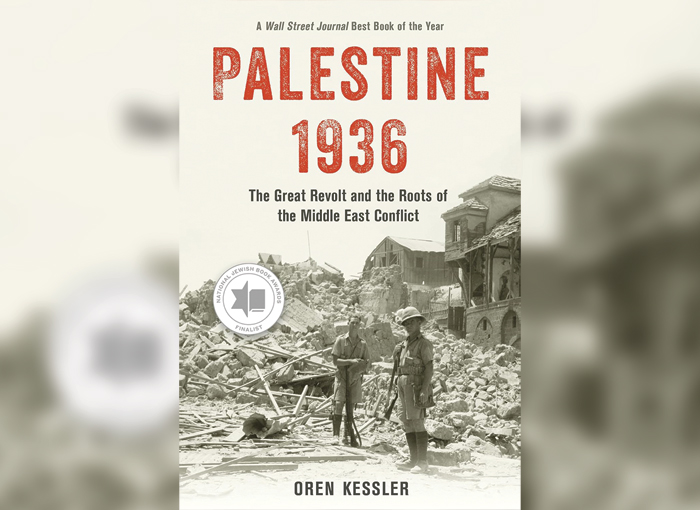I wake up to an inbox full of dozens of emails, global news demanding reaction, and a daily agenda triple the size of what will prove achievable. How am I to pause to turn inward? When I put on my tefillin each morning, I consider what I need to become liberated from in order to fully return in servitude back to my highest callings. The straps bind me to that mission.
Rituals are non-utilitarian, symbolic acts that involve and promote the cultivation of mindfulness. The transformative power of ritual is achieved when we take the opportunity to explore ourselves, our hearts, and our ideals. We step out of this world to cultivate a meaningful experience and then to return to life changed. This is why we seek to perform ritual on our own and not by proxy. There are various explanations for, and values to, the performance of ritual.
“Ritual”, in its essence and spelling, is the root of “spi-ritual” because we can only really access the depths of our minds, hearts, and souls when we perform certain physical acts with our bodies consistently as rituals. Rambam explains that the deepest human learning comes from habituation. Returning to ritual each day of lives helps to condition us to live by our ideals.
Some explain that the great power of ritual is social since the performance of rituals indicates commitment to a group and to an identity. Rituals add stability to community and tighten social bonds through the sharing of meaningful practices. Others suggest ritual allows for catharsis, emotional purging, since in ritual one can emotionally distance oneself from certain life events and experience feelings with some separation.
The danger in ritual is that one can use the power of the structure to avoid internalization. One can sit shiva as their act of mourning yet never truly embrace the grief and loss. One could embrace kashrut yet never seek the deeper spiritual and ethical components to the ritual. One could pray from a siddur every day yet never really concentrate on the deep meaning of the words recited. Ritual, at its worst, distracts us from real life. But at its best, ritual can enhance our mindfulness with which we live.
I recently heard Jonathan Safran Foer speak about the “room servicing of life,” how the tendency today is to prefer that others do things for us then we do them for ourselves. Ritual is the radical reminder that we live our own lives.
The greatest power of religious ritual, in my view, is the opportunity to deepen one’s self-awareness about one’s own moral and spiritual values. Too rarely do we pause to give birth to our dreams and visions that make our lives unique. As Erich Fromm wrote, “Man always dies before he is fully born.” Ritual gives us the chance to pause to assess how we are living and to give birth to our spiritual potential. It is done with urgency since we never know when our time on this earth will run out and we will have passed away before we’ve given birth to our great contributions in this world.
Even further, it reminds us of our ability to slow down. A recent study in the Academy of Management Journal showed that when confronted with clear choices of right and wrong, when people take some time to think about the issue rather than make a quick decision they are five times more likely to do the right thing. Pausing to reflect provides moral clarity.
Daily ritual is an opportunity to pause, reflect, and step out of our routine to hear the voice of our inner conscience. Viktor Frankl explained that moral life exists in the moment between stimulus and response. Ritual reconditions us to make more of those crucial moments in our life that elevate us from base to noble and can be used to enhance our psychological processes and internal incentives.
Every year we return to the haggadah and the shofar. Every week we return to candle lighting and Shabbat song. Every day we return to text study and prayer. These rituals are about religious worship, intellectual development, community building, and emotional stability. But they are also important for the creation of the just society, ensuring that we all take moments to return to non-utilitarian acts that do not advance our self-interest but challenge us to stop and listen. In an age of honking, buzzing, and texting this may be one of our greatest moral salvations. The performance of ritual is the timeless channel back to purpose.
Rabbi Shmuly Yanklowitz is the Founder & President of Uri L’Tzedek, the Director of Jewish Life & the Senior Jewish Educator at the UCLA Hillel and a 6th year doctoral candidate at Columbia University in Moral Psychology & Epistemology. Rav Shmuly’s book “Jewish Ethics & Social Justice: A Guide for the 21st Century” is now available for pre-order on Amazon.






















 More news and opinions than at a Shabbat dinner, right in your inbox.
More news and opinions than at a Shabbat dinner, right in your inbox.